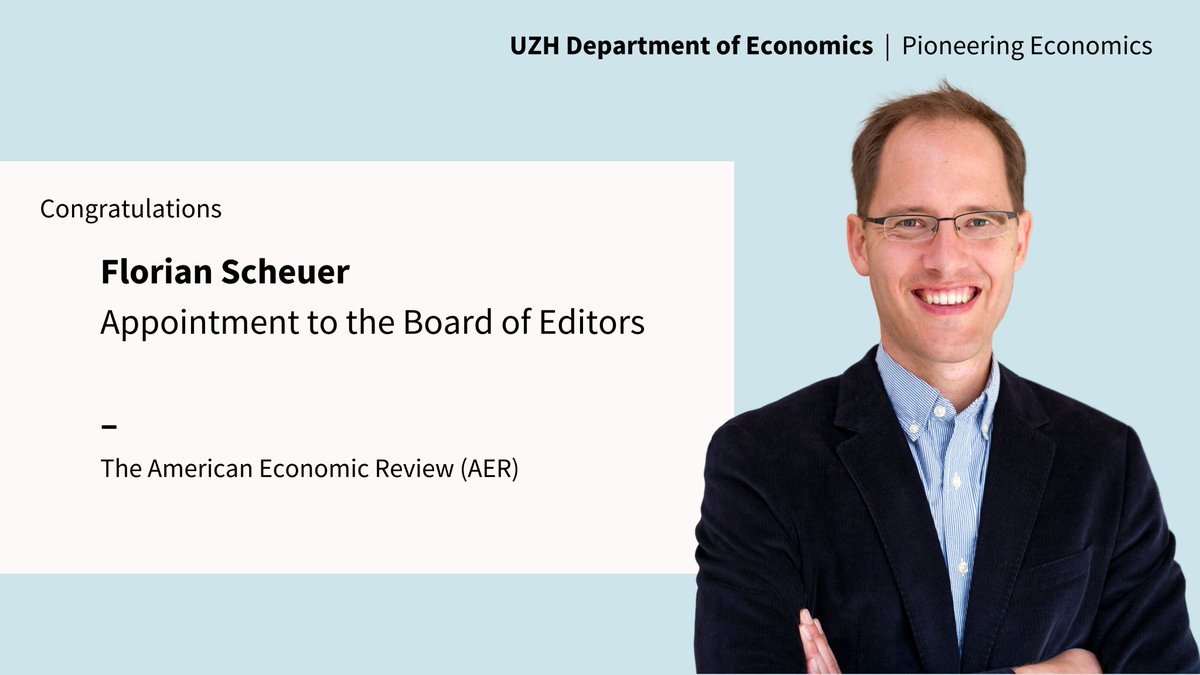
Arun Advani
@arunadvaniecon
Economist. AssocProf @WarwickEcon, co-chair @DiscoverEcon, ResearchFellow @TheIFS @cage_warwick @LSEInequalities
Mastodon: @[email protected]
ID:923506115488505856
http://www.arunadvani.com 26-10-2017 11:06:30
3,6K Tweets
4,8K Followers
927 Following


The AEA Journals has appointed Florian Scheuer to join their esteemed Board of Editors.
Congratulations, Florian ! 👏
Economics. For Society. Universität Zürich


The latest edition of our monthly newsletter is out now, featuring Institute for Fiscal Studies, Bright Blue, Resolution Foundation, Arun Advani, Ian Mulheirn and more.
Read more:
financialfairness.org.uk/en/media-centr…


🚨 TOMORROW Bright Blue releases a new book on how to support people on modest incomes better acquire, leverage and draw down assets.
18 essays from leading MPs, CEOs, academics and thinkers.



Biden’s ‘billionaire tax’ takes aim at the super-rich — but can a wealth tax work in reality? Associate Professor Arun Advani provides expert comment and insight for CNBC buff.ly/4agx3az

The fabulous Phil White #The99% #TaxTheRich alongside the equally excellent Arun Advani discussing wealth taxes on CNBC m.youtube.com/watch?v=VD1j50…

See the full piece, with David Burgherr Andy Summers, here:
newstatesman.com/comment/2024/0…

'As income rises, a person’s tax burden typically rises too, as you’d expect, but only up to about £600,000.
'Above that threshold, their tax bill as a percentage of their income goes down.'
Research by Arun Advani in this interesting deep dive by Tom Calver

If Labour gets in, money will be needed to pay for reforms.
But who will pay? The obvious answer is those at the very top. But as Arun Advani has found, thanks to lower rates on investments & CGT, very high earners tend not to obey the same taxation rules as the rest of us


Big (and welcome) move by Chancellor Jeremy Hunt today to replace non-dom status with a residence-based regime.
Arun Advani reviews the good, the bad, and the ugly of the reform based on our research: